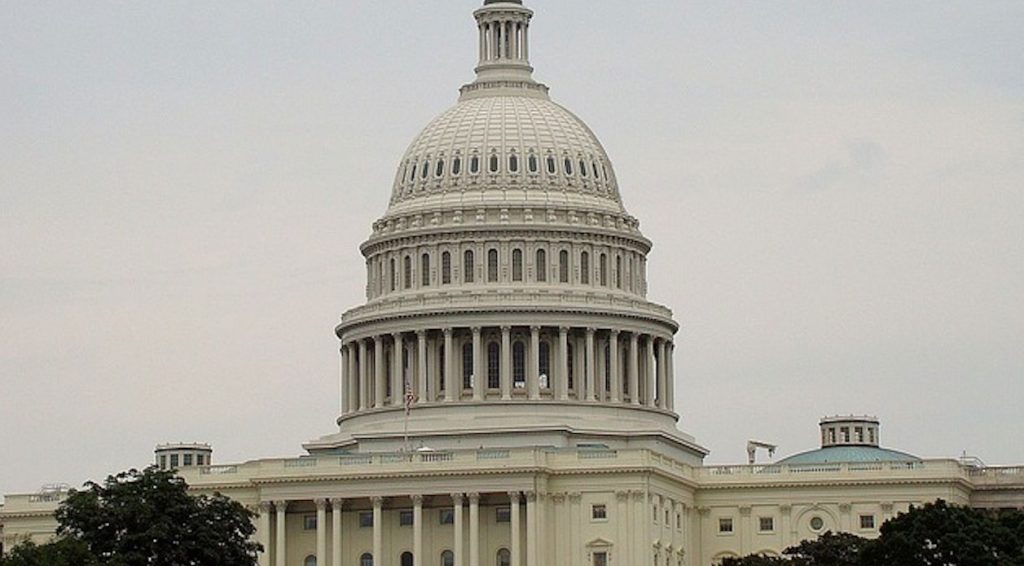Lawmakers on both sides of the aisle seem to be reaching some sort of agreement on the need for legislation to regulate cryptocurrency.
Rep. French Hill, R-Ark., said his Democratic colleagues have told him they have supported “commonsense legislation for months.”
Lawmakers want to work on legislation to have more US-based companies follow the rules, Hill said in his opening remarks on Wednesday during a joint House Agriculture and House Financial Services subcommittee hearing.
“However, if we fail to provide a functional framework for digital assets in this country, all we’re doing is forcing this activity to happen on offshore exchanges, rather than in a regulated US environment—and this will hurt American investors more than anything,” Hill said.
No one is saying that crypto should be exempt from the rules or to create a new regime for it, Hill added.
There is nothing partisan about crypto regulation, Hill said.
“Instead, we’re trying to apply the principle of ‘same risk, same regulation’ to amend current law to establish the functional regulation of digital assets, where market participants are brought into the regulatory perimeter in a way consistent with longstanding investor protections that are tailored to the unique risks and benefits of the digital asset ecosystem,” Hill said.
Former House Financial Services Committee Chair Maxine Waters, D-Calif., noted in her opening remarks that legislation is needed to regulate crypto.
“These should be bipartisan concerns, and legislation to address them should have a path to the President’s desk,” Waters said. “I hope this Congress we can quickly return to developing legislation together.”
Stark pushback
Rep. Brad Sherman does not seem convinced that cryptocurrency is needed in the US.
The California Democrat didn’t hold back on Wednesday during that hearing.
Sherman pushed back on rhetoric that the US is behind other countries in terms of crypto innovation.
Sherman seemingly compared it to cocaine, “organ harvesting” and tax fraud when talking about other areas where countries are ahead of the US.
“I do not see the need to catch up,” Sherman said.
Read the full article here
